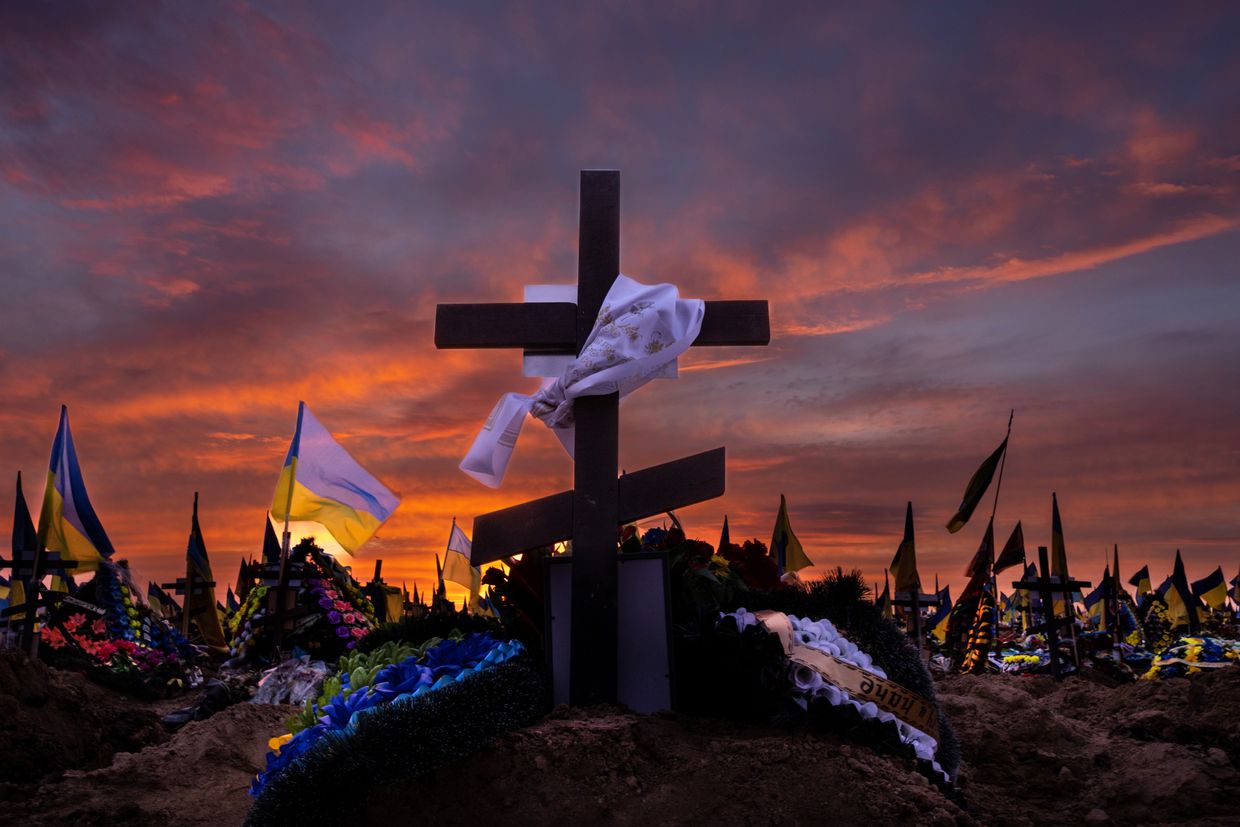US to allocate additional $6 billion in military aid to Ukraine

Editor's Note: This is a developing story and is being updated.
The U.S. will allocate $6 billion for military assistance for Ukraine under the Ukraine Security Assistance Initiative (USAI), the U.S. Defense Secretary Lloyd Austin announced on April 26 after the U.S.-led Ukraine Defense Contact Group (UDCG) meeting, also known as the Ramstein format.
"This is the largest security assistance package that we have committed today," Austin said during the press conference, adding that it will allow the U.S. "to procure new capabilities for Ukraine" from its own industry.
The newly announced military aid package includes interceptors for Patriot and NASAMS air defense systems, anti-drone systems, and support equipment, according to Austin.
The U.S. Defense Secretary also said that the package contains a "significant amount" of artillery ammunition, as well as air-to-ground weaponry, without specifying the numbers.
After the press conference, the U.S. Defense Department also published the extended list of military aid to be provided to Kyiv through the Ukraine Security Assistance Initiative.
Apart from those items Austin unveiled, the package also includes munitions for laser-guided rocket systems, rockets for HIMARS launchers, multi-mission and counter-artillery radars, precision aerial and demolition munitions, Switchblade and Puma Unmanned Aerial Systems (UAS), 155 mm and 152 mm artillery rounds, among others.
Politico previously reported on April 25 that the U.S. was preparing to announce a new weapons contract worth around $6 billion in military aid to Kyiv. The weapon supplies are not expected to reach Ukraine for "several years" since the funding is allocated under the USAI.
Instead of sending Ukraine weapons from current U.S. stocks, the USAI requires the Pentagon to send contracts to U.S. defense companies to produce new supplies.
Austin also announced on April 26 that the U.S. would provide Ukraine with a $1 billion military aid package containing ammunition for HIMARS, 155 mm ammunition, air defense interceptors, and armored vehicles.
The Pentagon previously said it was ready to send $1 billion of weapons from U.S. stockpiles to Kyiv after U.S. President Joe Biden on April 20 signed the long-delayed foreign aid bill, which includes $60.84 billion for Ukraine.
While aid stalled amid months of political infighting, Russia took advantage of Ukraine's growing battlefield ammunition shortages, capturing the city of Avdiivka in February.
The lack of air defense systems has also become urgent for Kyiv as Russian troops continue to intensify attacks on Ukrainian energy infrastructure. In March, Russian strikes reportedly damaged or completely destroyed 80% of the thermal generating capacity of DTEK, Ukraine's largest private energy company.












